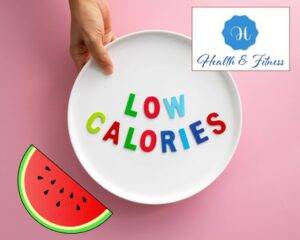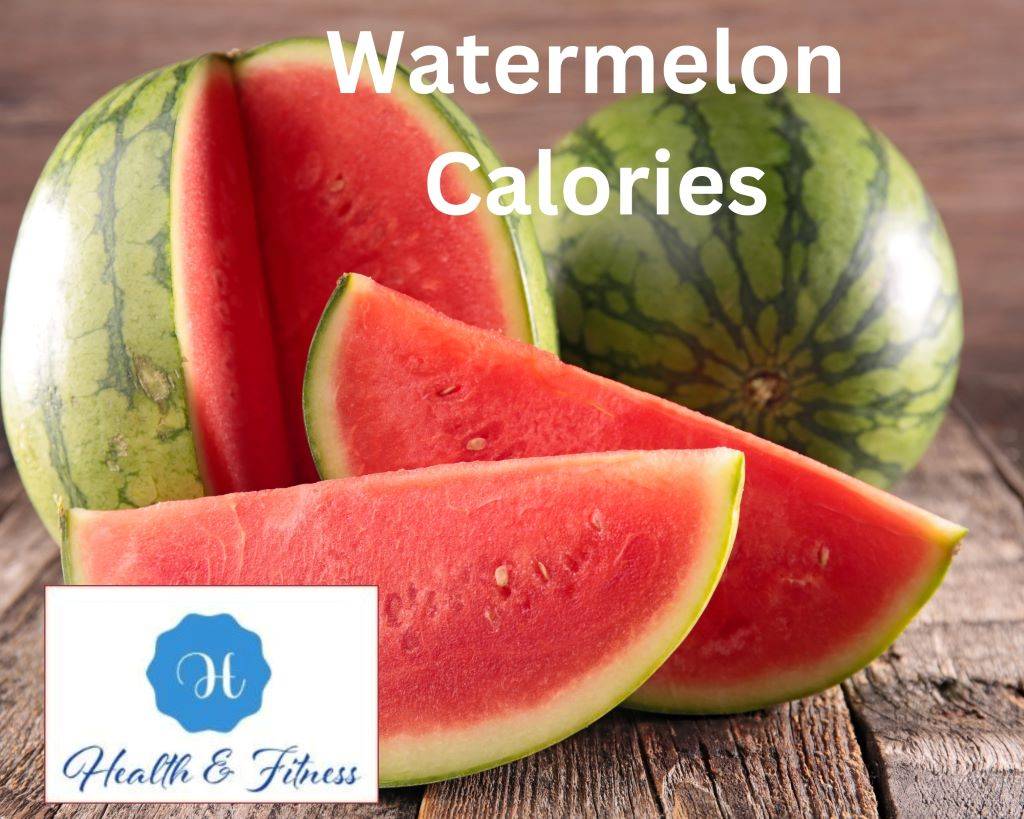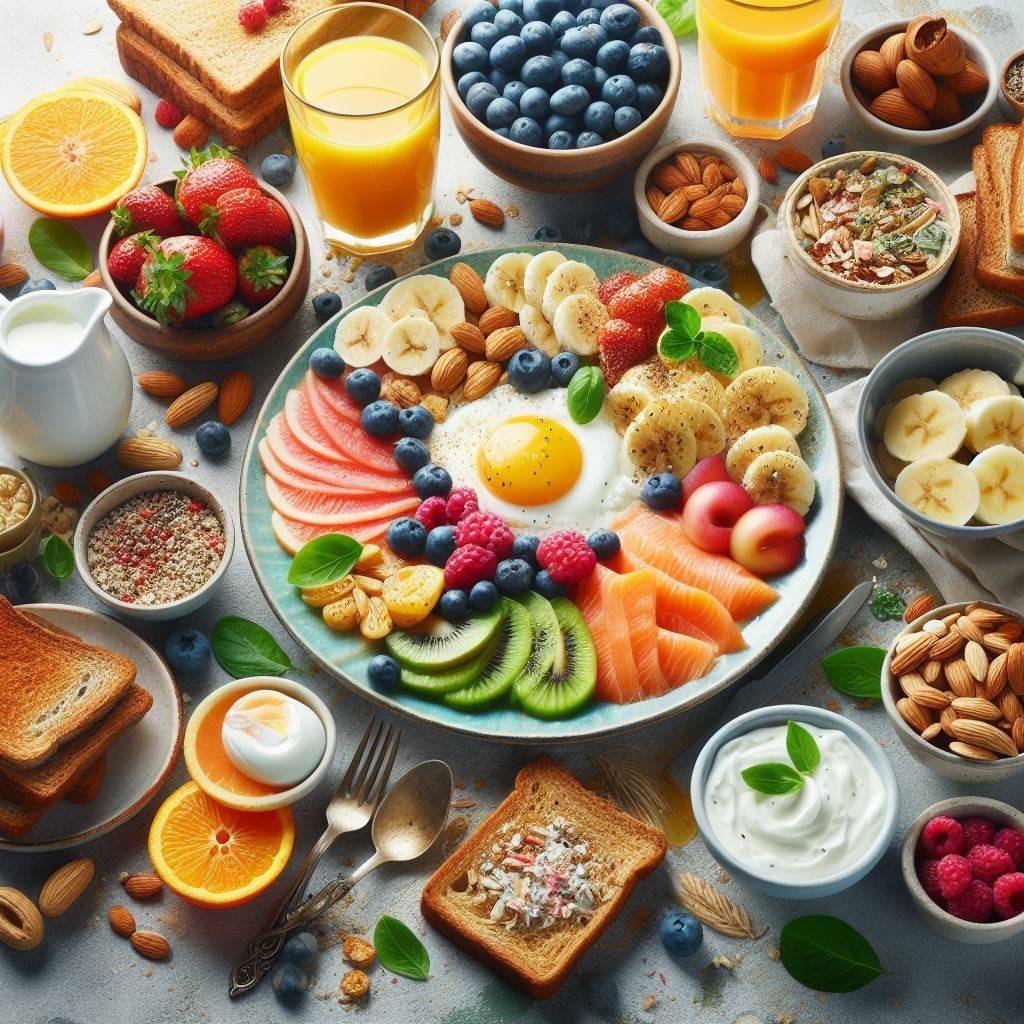Discover the low Watermelon Calories for guilt-free snacking. Learn how this sweet secret can satisfy your cravings for guilt. Dive in.
Introduction to Watermelon Calories
Craving a guilt-free summer snack? Get ready to slice into the juicy truth about watermelon calories. We’re about to debunk the myth and reveal the secret of guilt-free snacking. Say goodbye to calorie worries and hello to refreshing satisfaction.
Nothing like sinking your teeth into a juicy snack when the temperature outside is soaring, a refreshing slice of watermelon. This quintessential summer fruit is not only delicious but also packs a surprising secret: it’s a guilt-free snack! This blog post will dive into watermelon calories and explore why this sweet treat is the perfect addition to your healthy eating plan.
Watermelon: The Low-Calorie Wonder

One hundred grams (about 3.5 ounces) of watermelon has 30 calories. This means you can indulge in a generous serving without worrying about packing the pounds. A standard watermelon wedge (approximately 280 grams or 10 ounces) contains only 84 calories. Compare that to a chocolate bar or a bag of chips, and it’s obvious why watermelon is a more intelligent to satisfy your sweet tooth.
Benefits of Watermelon
Many benefits make watermelon a delicious and nutritious fruit that can contribute to overall health and well-being as follows :
Watermelon Hydration Hero
Not only is watermelon low in calories, but it’s also incredibly hydrating. Composed of approximately 92% water, this fruit is an excellent way to quench your thirst and replenish your body’s fluids on a hot summer day. Plus, staying hydrated is essential for maintaining healthy skin, aiding digestion, and supporting overall well-being.
Packed with nutrients
Despite its low-calorie count, watermelon is loaded with essential vitamins and minerals. It’s an excellent source of vitamin C, which supports a healthy immune system and promotes collagen production for youthful, glowing skin. Additionally, watermelon contains vitamin A, which is crucial for maintaining vision and a robust immune system.
Lycopene: The Antioxidant Powerhouse
One of the standout nutrients in watermelon is lycopene, a powerful antioxidant that gives the fruit its vibrant red color. I have linked lycopene to numerous health benefits, including reducing the risk of certain types of cancer and promoting heart health. Watermelon contains more lycopene per serving than any other fruit or vegetable, including tomatoes!
A Fiber-Filled Treat
While watermelon has few calories, roughly 1.1 grams of fiber are in every 100 grams (3.5 ounces). Fiber is essential for maintaining a healthy digestive system and can help you feel fuller for longer, making it easier to resist the temptation of high-calorie snacks. Fiber-rich diets can lower the risk of heart disease, type 2 diabetes, and some cancers.
Heart-Friendly Properties
The nutrients found in watermelon, such as lycopene and potassium, contribute to heart health. We have linked lycopene to reducing cholesterol levels, while potassium helps regulate blood pressure. Incorporating watermelon into your diet may therefore support a healthy cardiovascular system.
Muscle Recovery and Exercise Performance
Watermelon contains an amino acid called citrulline, which has been shown to enhance exercise performance and aid in muscle recovery. Citrulline helps improve blood flow, benefiting athletes and individuals engaged in physical activities.
Eye Health Support
The vibrant red colour of watermelon comes from its high content of beta-carotene, which the body converts into vitamin A. Vitamin A is essential to vision and may help prevent age-related macular degeneration.
Anti-Inflammatory Properties
Compounds in watermelon, such as cucurbitacin E, have anti-inflammatory effects. These chemicals can decrease inflammation and aid with asthma and arthritic pain.
Watermelon for Weight Loss
Given its low-calorie count and high water content, watermelon can be a valuable addition to a weight loss plan. The fruit’s natural sweetness can help curb sugar cravings, while its fiber content promotes satiety, making it easier to stick to a calorie-controlled diet. Plus, watermelon’s vitamins, minerals, and antioxidants support overall health, ensuring your body has the nutrients it needs as you work towards your weight loss goals.
The Perfect Workout Companion of Watermelon
If you’re looking for a pre-or post-workout snack, watermelon should be at the top of your list. The fruit’s high water content can help you stay hydrated during exercise, while its natural sugars provide a quick energy boost. Additionally, watermelon contains an amino acid called L-citrulline, which has been shown to reduce muscle soreness and improve recovery after a workout.
Creative Ways to Enjoy Watermelon

Now that you know the sweet secret of watermelon calories, it’s time to get creative with this guilt-free snack. Here are some delicious and refreshing ways to enjoy watermelon this summer:
1- Watermelon Salad:
Mix watermelon cubes, chopped feta cheese, fresh mint leaves, and a drizzle of balsamic glaze for a sweet salad, perfect for picnics and barbecues.
2- Watermelon Smoothie
Blend watermelon chunks with ice, a splash of coconut water, and a squeeze of lime for a hydrating and energizing smoothie.
3- Watermelon Popsicles
Prepare watermelon popsicles by pureeing the fruit and filling popsicle moulds. Freeze for a few hours, and you’ll have a healthy and refreshing treat to enjoy by the pool.
4- Watermelon Salsa
Dice watermelon, cucumber, red onion, and jalapeno, then mix with chopped cilantro, lime juice, and a pinch of salt for a unique and flavorful salsa that pairs perfectly with grilled fish or chicken.
5- Grilled Watermelon
Brush watermelon slices with olive oil and grill for a few minutes on each side until slightly charred. Sprinkle with sea salt and enjoy it as a delicious and unexpected side dish.
Remember, portion control is vital when enjoying watermelon. While it’s low in calories, moderation is still essential to maintain a balanced diet. Watch how many calories you eat, and eat watermelon and other fruits, veggies, whole grains, and lean meat.
So, get creative in the kitchen and let watermelon bring sweetness and hydration to your meals and snacks. Stay tuned for the last section, where we’ll wrap up our exploration of watermelon calories and leave you with a satisfying conclusion.
Conclusion to Watermelon Calories
Watermelon is truly the sweet secret to guilt-free snacking. With its low-calorie count, high water content, and impressive nutrient profile, this summer fruit is the perfect choice for satisfying your cravings without derailing your healthy eating goals. So indulge in a juicy slice of watermelon. – Your taste buds and waistline will thank you!
Reference
Dreher, M. L., & Davenport, A. J. (2013). Watermelon: Symbol of Good Health. Retrieved from.
https://www.ncbi.nlm.nih.gov/pmc/articles/PMC4464475/

Adel Galal is a health and wellness writer with over 30 years of experience studying and writing about health, fitness, nutrition, and healthy living. He is the founder of NextFitLife.com, where he shares practical, evidence-based guidance to support long-term health at any age. Adel’s mission is simple:
to help people make smarter health choices that fit real life, at any age.



